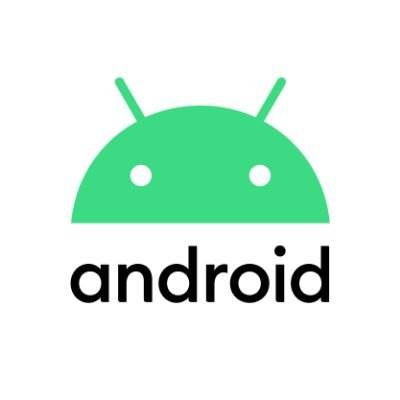
- Android smartphones are available in a wide range of designs, sizes, colours, and features. In terms of operating system features, pre-installed programmes, and new interface attempts, they can differ from one another.
- The Android Open Source Project allows device makers a lot of latitude when it comes to developing unique features that will appeal to customers. When compared to iOS, where Apple owns both the hardware and the platform, this is a significant difference (although this has its own advantages).
- However, Android varies from previous distributions in that it does not use the same collection of GNU tools. It's not like an Android user can just 'drop into a terminal' and expect to get things done. In fact, unless you install a separate app for it, Android smartphones don't allow access to a normal terminal at all.
- Android is comparable to Windows in that it 'releases' a version after it has gone through development and testing. Its source code has been posted to the Android developer portal's repositories, where manufacturers can freely download and utilise it. Let's take a deeper look at how Android gets its regular updates.
Read More: What are the basic tools used to develop an Android app?